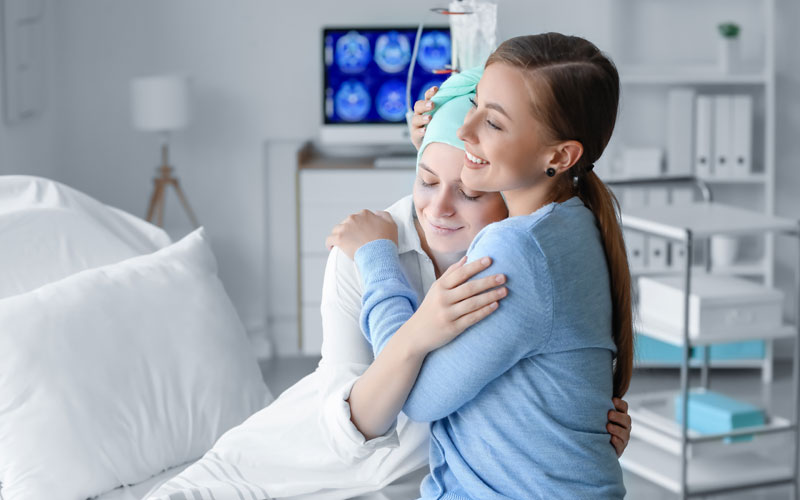
If you or someone close to you has been diagnosed with breast cancer, you may be thinking about chemotherapy—one of the most frequent treatments. One big question that naturally comes up – ‘Does chemotherapy hurt?’ It’s understandable to be concerned about pain when you’re already facing so much. Since I’ve worked with numerous breast cancer patients, I’m here to guide you through what chemotherapy feels like, if it hurts, and how you can handle any pain. Let’s get down to basics so you understand what to anticipate.
Chemotherapy employs powerful drugs to destroy cancer cells or prevent them from growing. Breast cancer is commonly used to reduce tumours before surgery, destroy any mistakenly defected cancer-cells after surgery, or treat cancer that has spread. The medicines may be infused into a vein (a drip in your arm) or occasionally taken as pills at home. Each session might take a few hours, and you’ll usually have several sessions over a few months, with breaks in between to let your body rest.
Here’s the best part – the actual process of receiving chemotherapy itself doesn’t hurt. If you’re receiving it through an IV, you may feel a tiny pinch when the needle is inserted, but that’s fleeting—like receiving a shot at your doctor’s office. After the IV is inserted, the medication drips slowly in, and you shouldn’t experience pain during the treatment. Some individuals even nap, read, or talk to a friend while it’s being administered.
If you’re taking chemo pills at home, there’s no pain involved at all—you swallow them like any other medicine. So, the treatment itself isn’t painful, but there are some things related to chemo that might cause discomfort. Let’s look at those next.
Although chemo is not painful itself, it has side effects that may be painful. Not all people get them, and their impact on you will depend upon the drugs that are administered to you, your body and your response. What may arise as follows:-
Sometimes chemotherapy can produce side effects that may be more bothersome or painful, but these aren’t universal for everyone. Here’s what to watch out for:-
The important thing is that they don’t occur to all of us, and your health team has measures they can take to assist you if they do occur. For instance, they may administer pain medications, change the dose of chemo, or prescribe medicines that will avoid nausea or infections.
If you do experience some discomfort, there are numerous measures you can take to relieve it. Here’s what you can do:-
Most people find that chemotherapy isn’t as painful as they feared. Many breast cancer patients I’ve worked with say they feel okay during their IV sessions—they might bring a blanket, listen to music, or chat with a loved one to pass the time. If they happen, the side effects are usually more about feeling tired or queasy than experiencing actual pain.
For instance, one of my patients, Sarah, was fearful of pain after beginning chemo for her breast cancer. In her first treatment, she assured me, “I was just so afraid, but the IV was only a little pinch, and I did not feel so much after. I got dizzy and had a little nausea, but the medication worked, and I never even felt actual pain.” Her tale is not extraordinary—most patients find it easier than anticipated.
If you feel pain or discomfort during chemotherapy, don’t hesitate to tell your doctor or nurse. They’re there to help, and they can often fix things quickly. Reach out if you notice:-
Your healthcare team can modify your treatment, write prescriptions, or recommend other methods to improve your symptoms.
Breast cancer chemotherapy isn’t typically painful in itself—the IV or tablets don’t hurt to swallow, and most individuals don’t experience pain during treatment. Some side effects, such as fatigue, nausea, or soreness, may be uncomfortable, but these often can be alleviated with rest, medications, and care from your healthcare team. Painful side effects such as infections or pain in your bones are not frequent, and your physicians will avoid or treat them promptly. In case you begin chemo, be aware that it is most likely less terrifying than you anticipate. Discuss this openly with your care team, and they’ll guide you every step of the way so that you can take care of business and heal.
Category : Chemotherapy Treatment
Tags: Breast Cancer , chemo medications , Chemotherapy , chemotherapy for breast cancer , chemotherapy side effects , Chemotherapy treatment